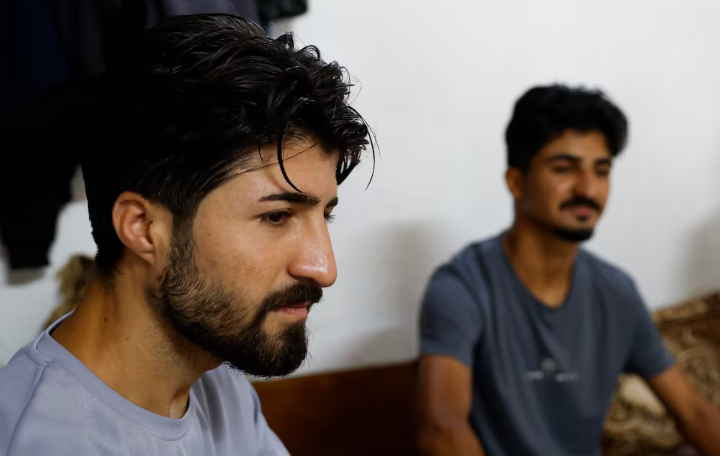Neurosurgeons in Canada, collaborating with Elon Musk's Neuralink, have begun recruiting patients for a groundbreaking trial involving a brain implant designed to help paralyzed individuals control devices with their thoughts. Approved by Health Canada, the CAN-PRIME study will involve six patients with severe quadriplegia due to conditions like ALS or spinal cord injuries. The device uses thousands of electrodes to capture and transmit brain signals, enabling users to operate connected devices simply by thinking about movement.
The trial will be led by Dr. Andres Lozano, a prominent neurosurgeon at Toronto's University Health Network, who was approached by Neuralink over a year ago. Lozano cited his extensive experience with brain implants as a key reason for his selection. The procedure involves using a specialized robot to implant electrodes into the hand-motor regions of the brain. These implants aim to bridge the gap between thought and action, potentially transforming lives by restoring some level of independence to paralyzed patients.
While Neuralink handles the design and decoding of the electrode system, the medical team in Toronto will focus on patient safety, surgical precision, and ongoing health monitoring. Despite the technology’s potential, the procedure carries risks such as brain bleeds, infections, or device malfunctions, including issues seen in Neuralink's earlier U.S. trials. In one case, wires became dislodged—a complication reportedly known to the company.
Neuralink's technology primarily reads brain activity, but future applications could include "writing" signals back to the brain, offering hope for visually impaired individuals to regain sight. However, experts like Dr. Lozano emphasize the need for robust safeguards to prevent misuse, such as hacking or unauthorized data access. These concerns underscore the ethical complexities surrounding such advanced brain-machine interfaces.
While the technology remains years away from commercial availability, Neuralink's history of rapid development suggests accelerated progress. According to Brad Wouters of the University Health Network, the project represents a significant leap in medical science, though its full potential and implications are yet to unfold. For now, the focus is on ensuring safety and efficacy in what could be a monumental step toward reshaping neurological treatment.





